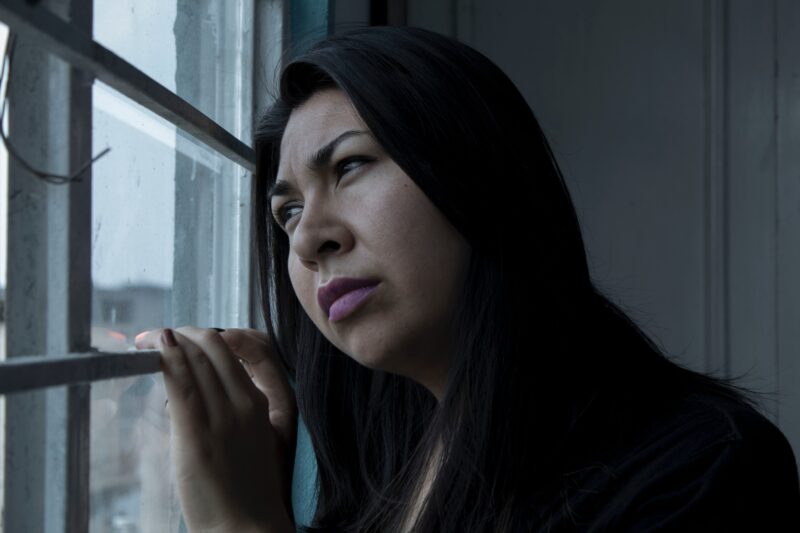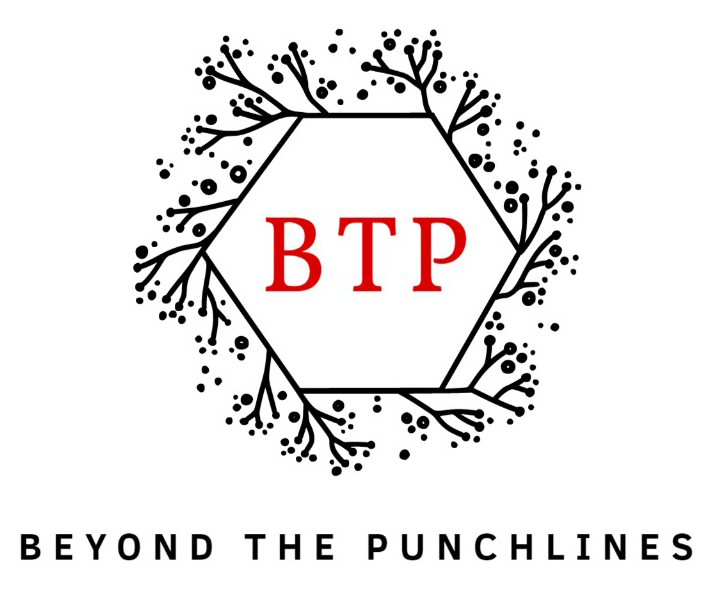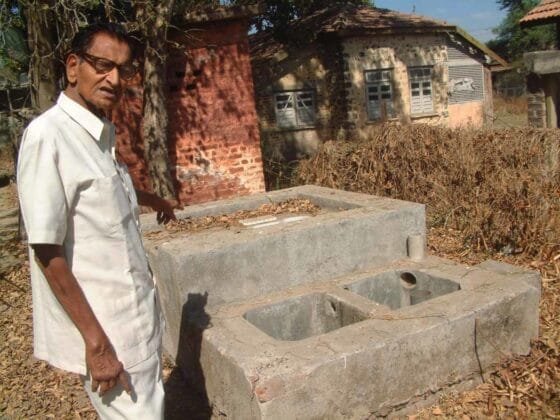Facts About Postpartum Depression That Everyone Needs To Know

The birth of a baby can evoke a mix of strong emotions, from joy and excitement to fear and worry. But it can also lead to something you might not expect “depression”.
Most new moms experience the “baby blues” postpartum. Mood swings, crying, anxiety, and trouble sleeping, are usually the signs of Baby blue Postpartum. The baby blues usually begin in the first two to three days after birth and last up to two weeks. However, some new mothers experience a more severe form of long-term depression known as “Postpartum Depression”. Rarely, an extreme mood disorder called postpartum psychosis can develop after birth.
Postpartum depression is not a handicap or weakness of character. Sometimes it’s just a labor complication. In the event of postpartum depression, prompt treatment may help you manage your symptoms and strengthen your bonds with your newborn.
CAUSES
Physical changes: – A drastic drop in the hormones (estrogen and progesterone) in your body after giving birth can contribute to postpartum depression. Other hormones produced by the thyroid gland can also drop sharply, making you feel tired, lethargic, and depressed.
Emotional problems: – Even minor issues can feel like big trouble if you suffer from sleep deprivation and overwork. You may feel unattractive, struggle with your sense of identity, or feel out of control. You may worry about your ability to care for a newborn. Any of these problems may trigger postpartum depression.
Physical and emotional issues may play a role, but there is no single cause of postpartum depression.
Symptoms of postpartum depression

The signs and symptoms of postpartum depression might appear very similar to those of the baby blues at first, but they are more severe and last longer, making it more challenging to take care of your baby and complete the daily chores. Symptoms usually appear within the first few weeks following birth but can begin earlier. There can be symptoms as early as during pregnancy or up to a year after birth. If left untreated, This depression can last for months or even years.
Here are some Signs and Symptoms: –
- Depressed mood or severe mood swings
- Excessive crying
- Difficult to connect with your baby
- Withdrawals from family and friends
- Eating less or more than usual
- Either sleeping too much or the inability to sleep
- Severe fatigue or loss of energy
- Decreased interest in and enjoyment of activities you used to enjoy
- Strong irritability and anger
- Constantly blaming oneself for not being a good mother
- hopelessness
- Overwhelming feelings of worthlessness, shame, guilt, or inadequacy
- Lack of clarity of thoughts, decreased concentration power, or afraid of making decisions
- Severe anxiety and panic attacks
- Getting negative thoughts of hurting the baby and oneself
- Recurrent thoughts of death or suicide
Postpartum psychosis
Postpartum psychosis is a rare condition that usually develops within the first week after birth signs and symptoms are severe. Signs and symptoms can include:
- Confusion and disorientation
- Obsessed with your baby
- Hallucinations and delusions
- Sleep disturbance
- Excessive energy and excitement
- Paranoid
In postpartum psychosis, life-threatening thoughts or behaviors must be treated immediately.
Risk Factors
Postpartum depression can happen to any new mother. It doesn’t need to happen after the birth of your first, second, or third child. It can happen during any pregnancy. However, your risk increases if:
- Having twins, triplets, or multiple births
- You have difficulty breastfeeding
- Having relationship problems with your partner
- They have a weak support system
- You have financial problems
- Pregnancy is unplanned or unwanted
- You have a history of depression during pregnancy or other periods
- You have bipolar disorder
- You have postpartum depression after a previous pregnancy
- Do you have family members who have experienced depression or other mood disorders?
- You have experienced a stressful event such as a pregnancy complication, illness, or job loss in the past.
- Having a baby with special needs or server health issues
POSTPARTUM DEPRESSION – FATHERS

Even new dads can suffer from postpartum depression. Postpartum depression is characterized by symptoms such as sadness, exhaustion, overwhelm, anxiety, and significant lifestyle changes.
Several of the same symptoms seen in mothers with postpartum depression can also be observed in women who experience similar feelings of sadness, exhaustion, overwhelm, anxiety, or lifestyle changes. Young fathers, fathers with depression histories, fathers who have relationship issues, or fathers experiencing financial difficulties have an increased risk of postpartum depression. Both Maternal and Paternal postpartum depression can have the same negative impact on relationships and child development.
If you are a new father and experienced symptoms of depression or anxiety during your partner’s pregnancy or in the first year after your child was born, talk to your doctor. The care and support approach works quite well for both mother and father.

People with depression may not recognize that they are depressed. The symptoms and signs can be easily missed, or they get unnoticed. You may not be willing to admit that you’re feeling depressed after having a baby. If you believe you have postpartum depression or baby blues, you should see your doctor immediately. Seek help immediately if you suspect you may be experiencing postpartum psychosis, don’t suffer alone. Tell a loved one and consult your doctor right away.
In addition to talking to your doctor, here are some ways you can feel better or get more rest:
- Rest as much as you can.
- Sleep when the baby sleeps.
- Ask for help; it may be from your partner, family, or friends
- Don’t try to do too much or do it all yourself.
- Spend time alone with your partner or Make time to go out and visit friends.
- Talk about your feelings to your partner, supportive family members, and friends.
- Talk to other moms so you can learn from their experiences.
- Join a support group.
Don’t make big life changes immediately after giving birth. Major life changes other than having a new baby can cause unnecessary stress. Sometimes big changes are unavoidable. In this case, try to arrange support and assistance in your new situation at an early stage. Make sure your friend or loved one sees a doctor right away if she appears to be suffering from postpartum depression or postpartum psychosis. Don’t wait, and hope she gets better.













You must log in to post a comment.